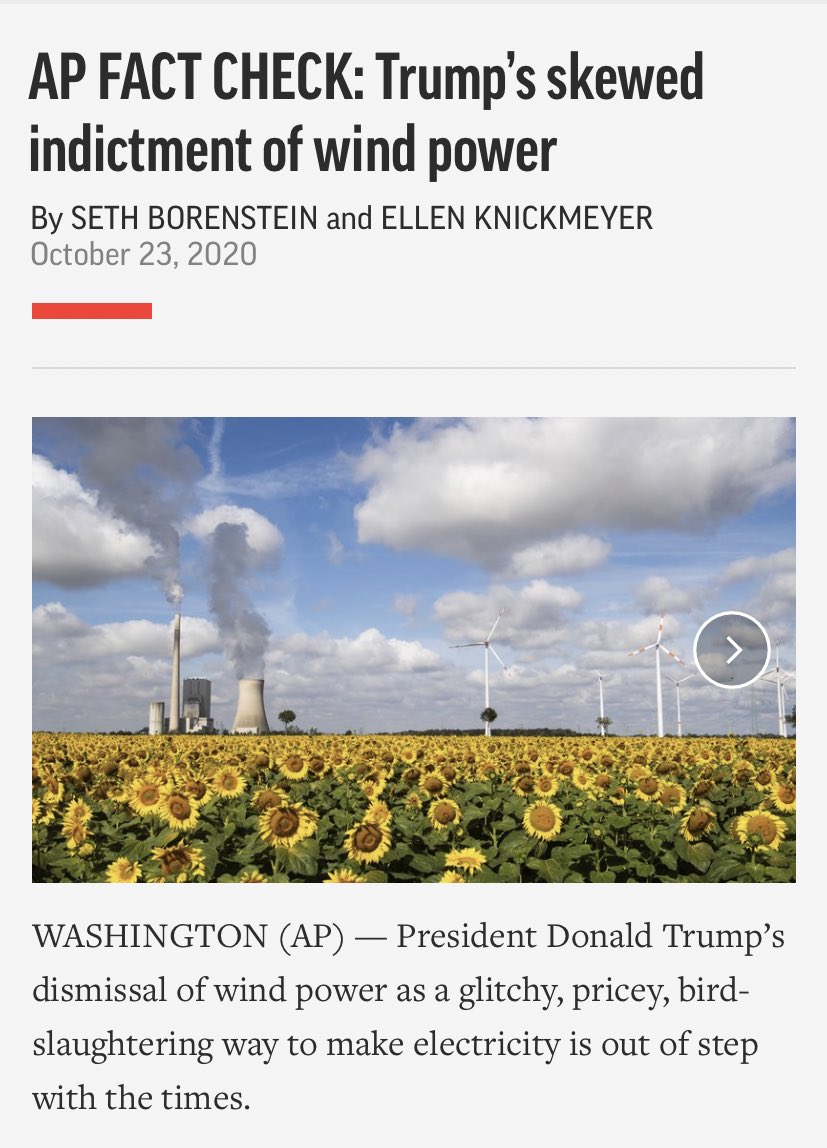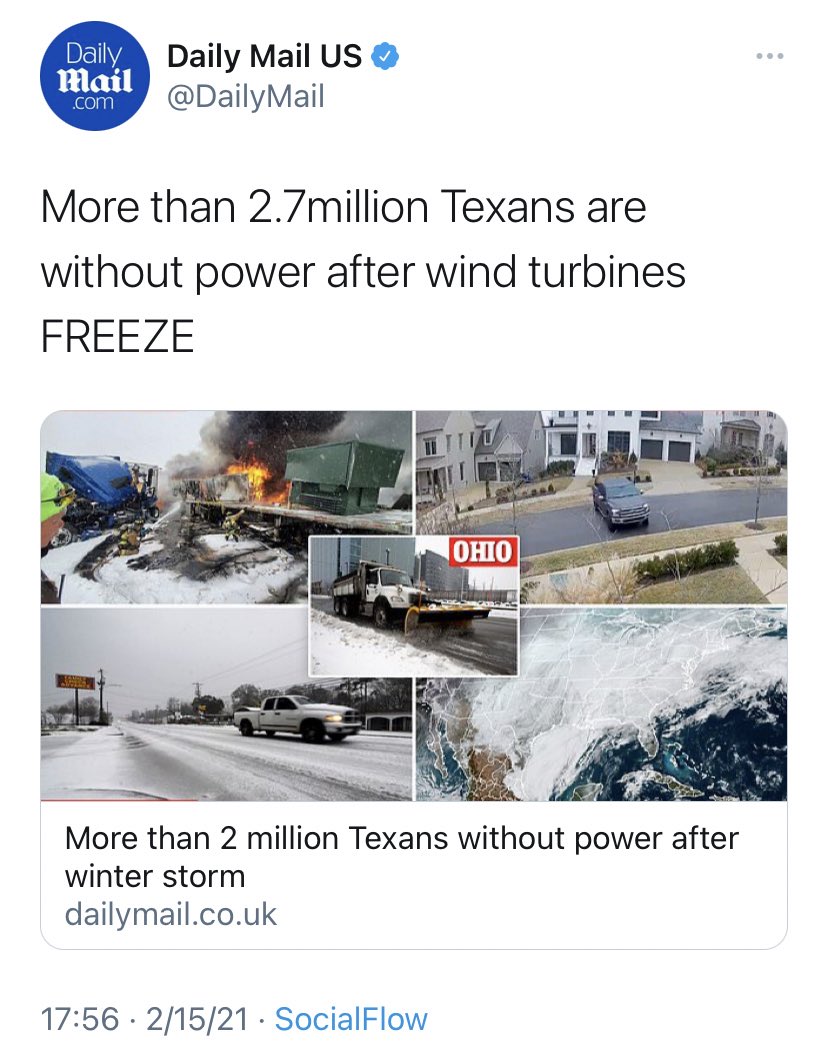Well the Chernobyl negligence was in the design and build as well as the operation. You need to fail badly at all three to get a Chernobyl style failure. Operating failures in western plants are hugely expensive, but they don't hurt anyone (except the underwriters and their hangers-on).
I’d like to think that you’re just being a nuclear proponent and want to defend the technology but you’re misunderstanding my point, I think.
The question isn’t whether the results of any given incident are going to be equal given the same scenario being tried, with whatever failsafes and whatnot activating.
My point is that we’re coming off a year of near half a million deaths from the politicization of a disease, and a party dominated by a Christian libertarian death cult. If your point is that the regulatory agencies in the US are strong enough that we could put Jared Kushner in charge for an indefinite period of time and you’re going to the mat to make the same assurance, then perhaps we have a discussion here. Or if you think there’s some state more likely in the other 49. If not, then this sounds like people talking about the resiliency of any given American system in the lead up to the Trump presidency.
A system is only good in as much as it’s defended. When you have sabotage from within, all your safeguards start to break down. We’ve already seen it with the financial regulatory system in decades past. People are living it now in Texas.
I don't understand why people are so scared of nuclear power. Sure Chernobyl and Fukushima was terrible. Nuclear power has 330 fewer deaths than coal; 250 times less than oil, 38 times fewer than gas.
People have been told since the 1950s that nuclear power plant accidents are uniquely and horrifyingly severe. A meltdown would kill millions, and leave vast areas uninhabitable for tens of thousands of years.
We have seen four meltdowns (Three Mile Island, plus three at Fukushima Daiichi), and the combined death toll was zero. Two workers at Fukushima were hospitalised with minor beta burns to their legs after wading through contaminated water, and made a full recovery. One man's widow was awarded compensation for his death from lung cancer, despite having been a lifelong smoker, and despite his death coming too soon after the Tohoku Earthquake and Tsunami for radiation from F. Daiichi to be a plausible cause.
These facts suggest that meltdowns are not, in fact, particularly dangerous. They are hugely expensive, but they don't hurt anyone.
There's also an excellent example of a truly worst case accident. If you had an uncontained fire that pumped a sizeable fraction of the total radionuclide inventory from a reactor into the atmosphere, and authorities refused to mitigate the damage at all for several days, then you could expect to see the full horror of the worst that can happen.
It turns out that the casualty toll is that of a typical major industrial accident. A couple of hundred dead, mostly workers on site at the time of the accident, and first responders who brought it under control. There was a sharp up-tick in thyroid cancers amongst children in the local area, but no fatalities (fortunately thyroid cancers are easy to detect early and to treat successfully). There's been no increase in other cancers; In fact the rate of cancer overall is lower in the most irradiated areas than would have been expected to be observed if no accident had occurred. Despite hysteria from Greenpeace et al., nobody's died or become sick in the vast area of Europe where Chernobyl fallout was detected. The initial exclusion zone has become a nature reserve, and the people who refused to leave it have all lived long and unremarkable lives, with similar life expectancy and similar diseases of old age to the rest of the population of the former Soviet Union.
Chernobyl was as bad an accident as you could get from a nuclear power plant. But it killed an order of magnitude fewer people, and contaminated far less land, than the contemporary Union Carbide disaster in Bhopal, which killed at least 3,700 people (estimates range up to 16,000).
And if money is your thing, Chernobyl cost less than the contemporary Piper Alpha explosion and fire, which was at the time the world's largest single insured loss from an industrial accident.
Nuclear power plants are less dangerous than the chemical and industrial plants that ring our major cities. Accidents are incredibly rare, and in the worst case are less dangerous than those in other industrial facilities.
In the 1950s and 60s, when this was all hypothetical, people had an excuse to err on the side of caution.
But now we know how infrequent and how unremarkable nuclear power accidents are, relative to the other industrial accidents we take for granted as a part of living in comfort and wealth. There's no longer an excuse for radiophobia; It's just a consequence of inertia. And it's largely a characteristic of baby boomers, so there's some hope that it will fade over the next few decades.



